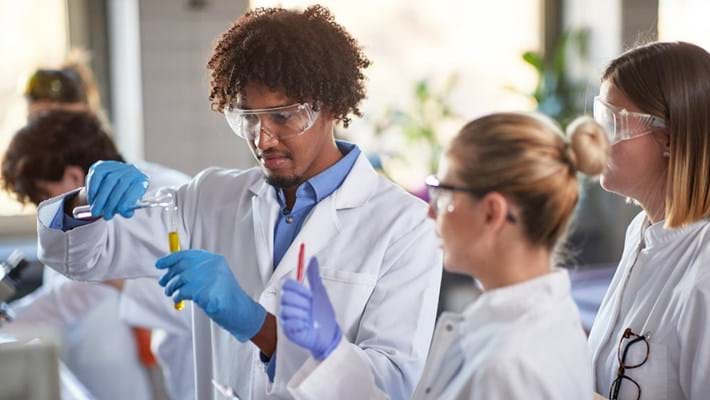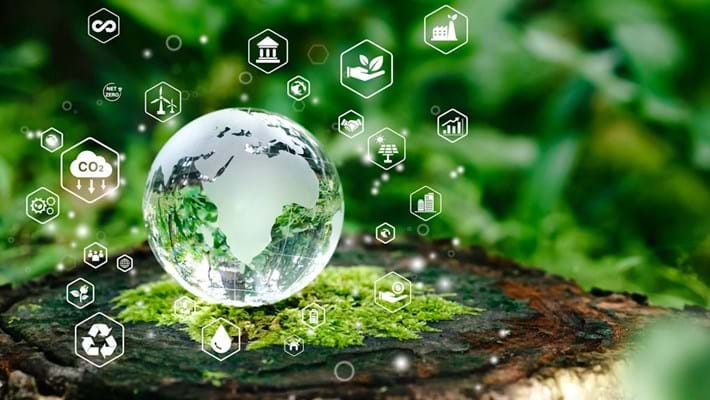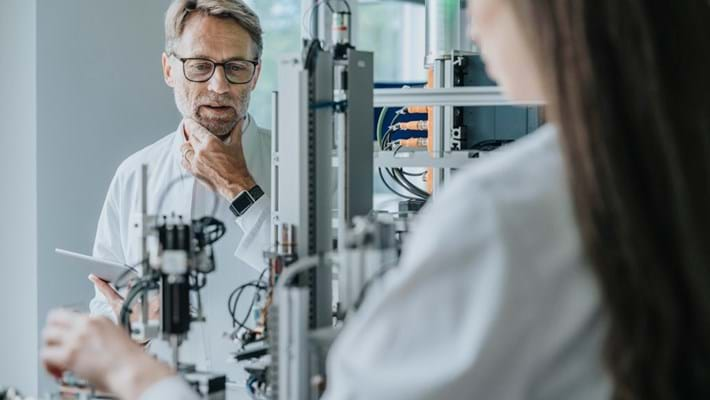DiscoverChemEng
What will the world look like in the future? The aim is for a more sustainable way of manufacturing the products and services we need to lead healthy, fulfilling and meaningful lives. But how do we get there from today?
Chemical engineers play a pivotal role in how we live, working across every industry, across the globe, linking sectors together to help address the UN's Sustainable Development Goals.





